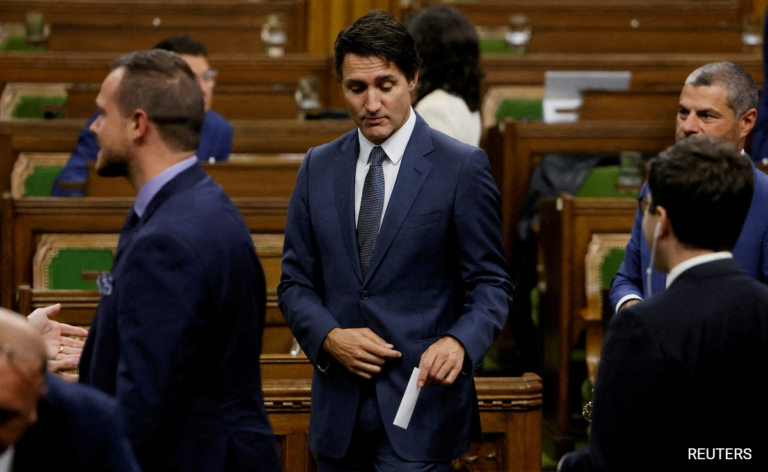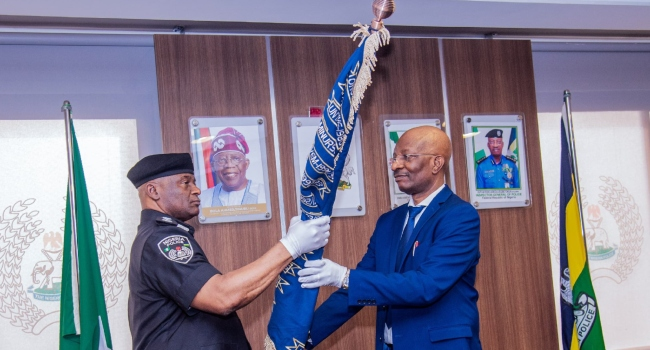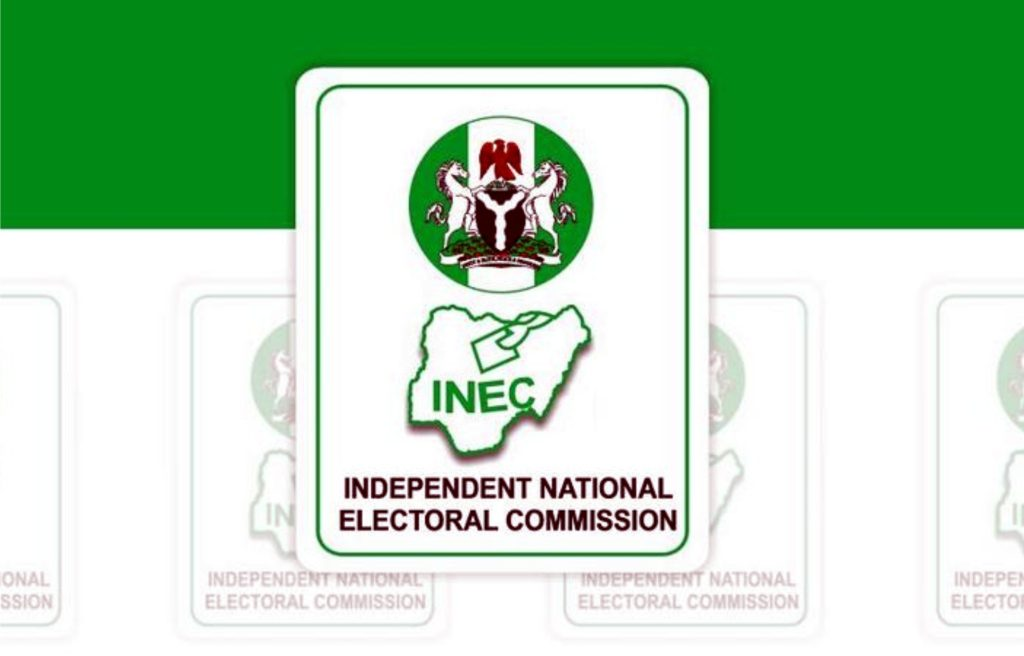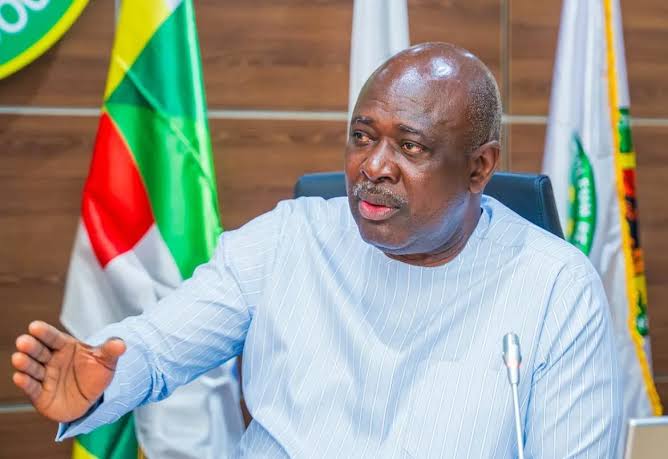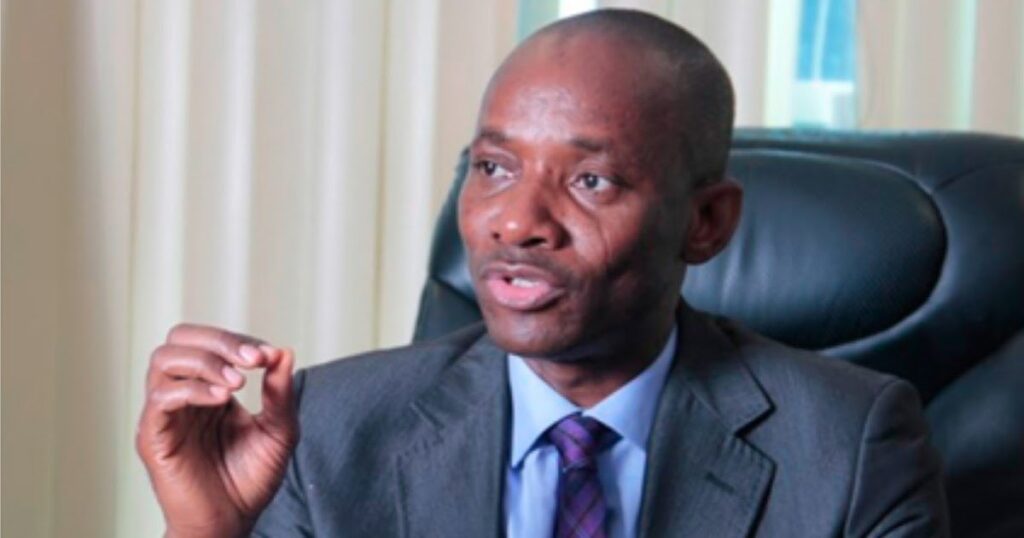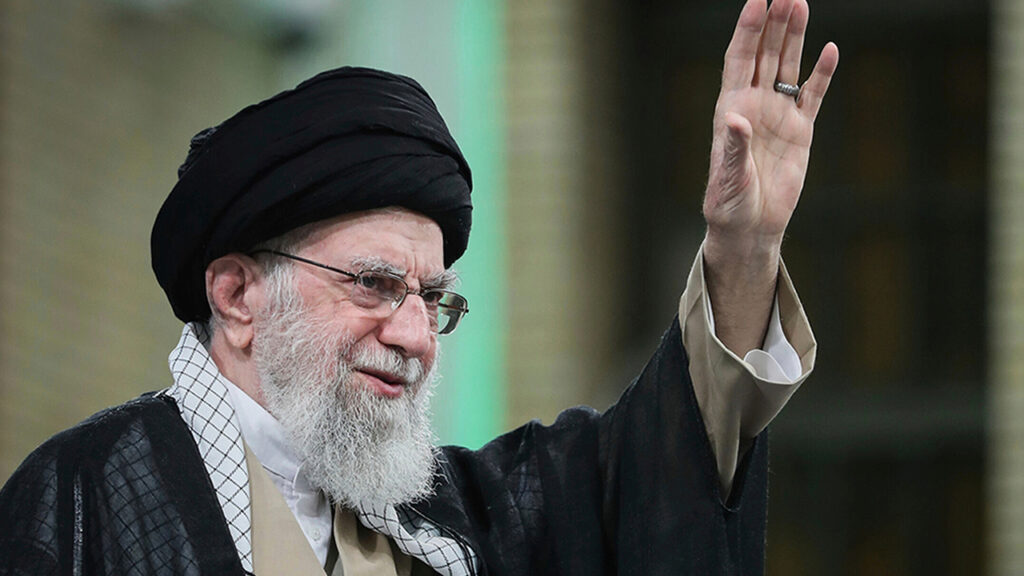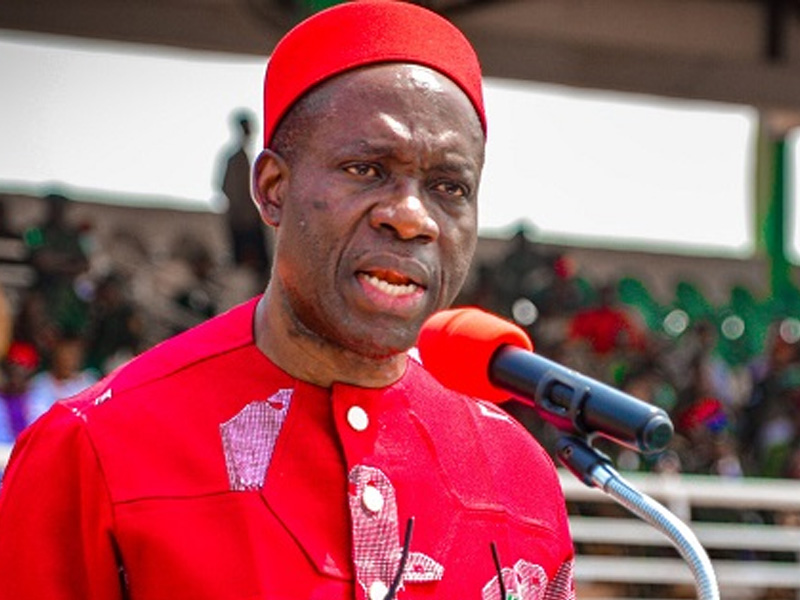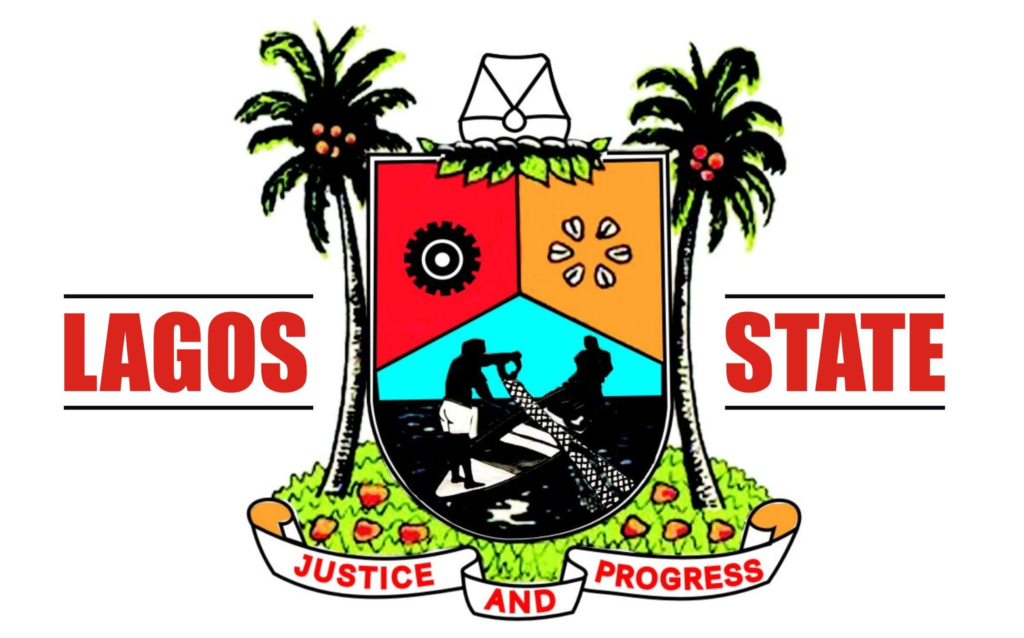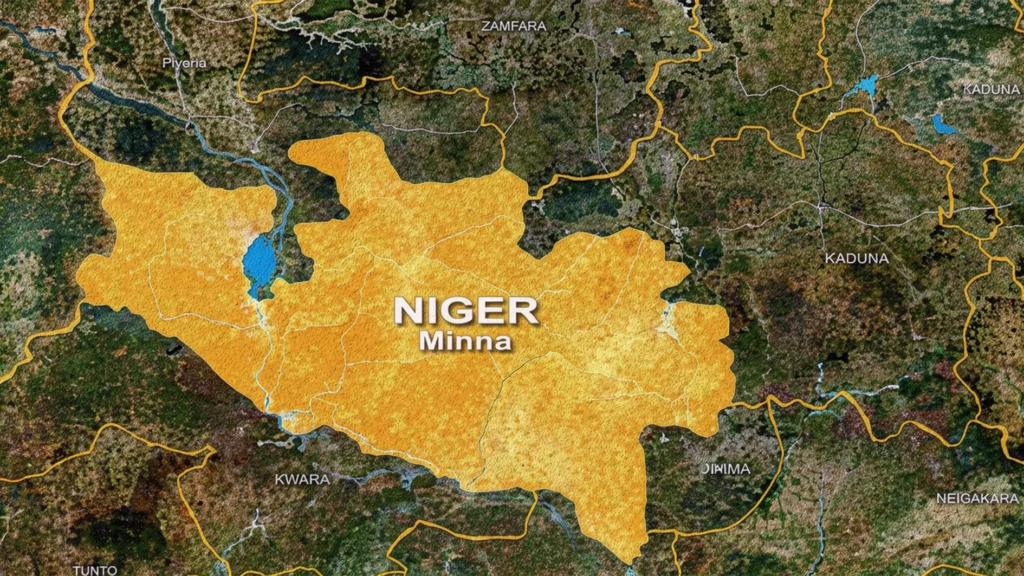Canadian Prime Minister Justin Trudeau has survived a second non-confidence motion in Parliament within two weeks. The motion, introduced by the opposition Conservatives, aimed to topple Trudeau’s minority Liberal government and trigger a federal election.
Conservative leader Pierre Poilievre failed again to secure enough support from other political parties for the motion, which accused the government of mishandling key issues like affordable housing, cost of living, and crime.
The motion required a majority of the 338 MPs to pass but fell short, with 121 voting in favor and 207 against. Poilievre criticized the NDP and the Bloc Québécois, blaming them for the motion’s failure.
The Bloc Québécois had previously issued an ultimatum for continued support of the Liberal government, focusing on issues like pension increases for seniors and protection of Canada’s supply management system. Meanwhile, NDP leader Jagmeet Singh made it clear last week that his party would not back the Conservative motion.
This is just one in a series of expected non-confidence motions aimed at Trudeau’s government. Trudeau, who has been prime minister for nine years, faces growing pressure to resign as the Conservatives continue to lead the Liberals in opinion polls.

